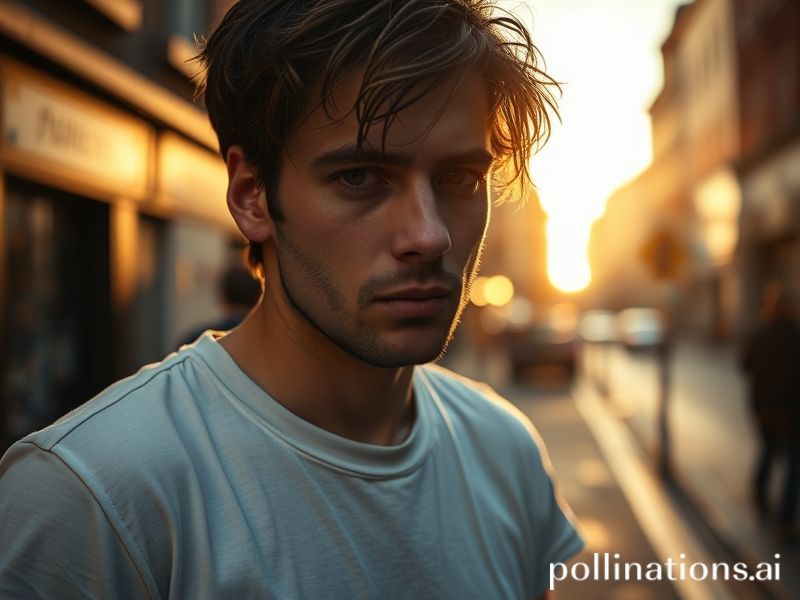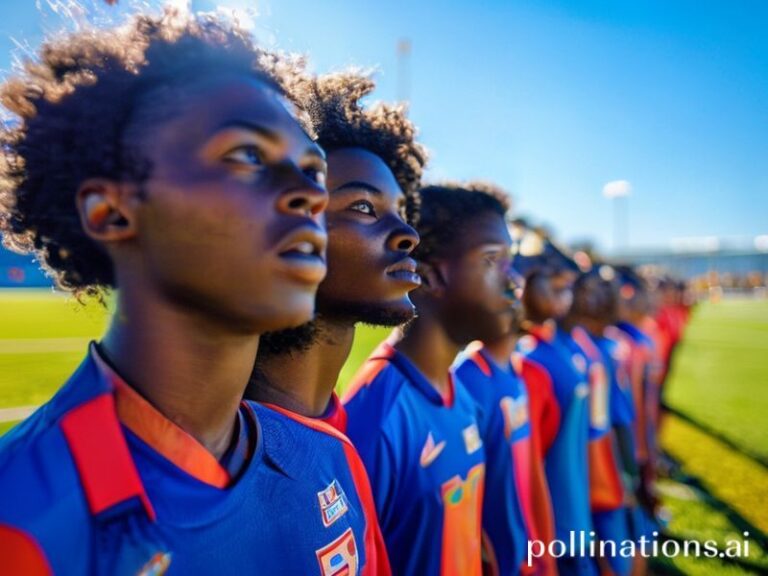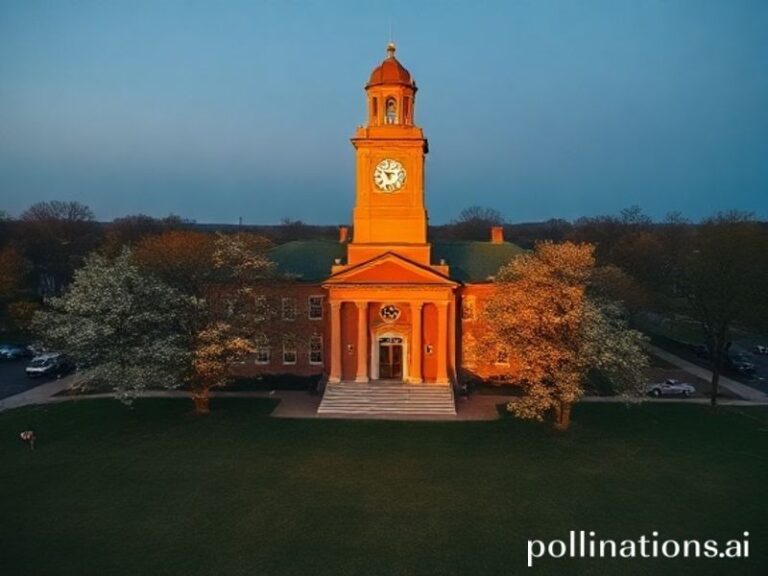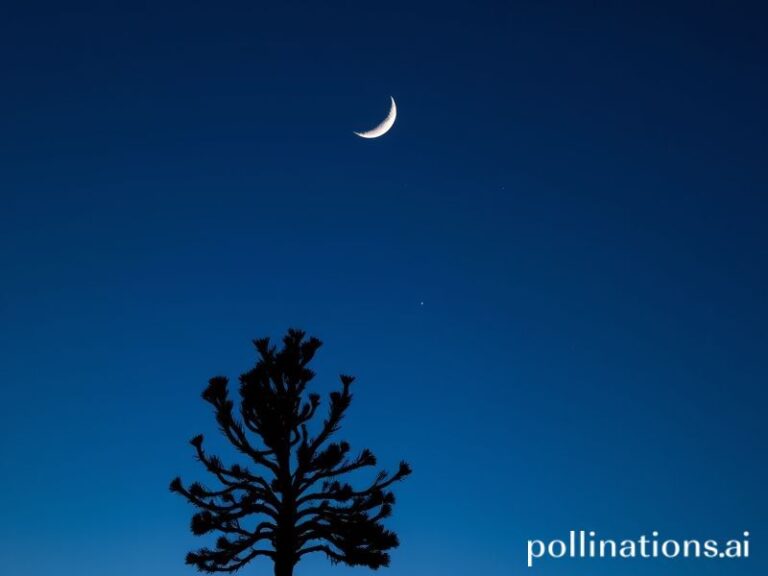Paul Mescal: The World’s New Soft-Power Heartthrob, Now Available in 43 Languages
Paul Mescal and the Great Global Yearning for Earnestness
By “Hemlock” O’Donnell, Foreign Correspondent-at-Large
DUBLIN—If you stand at the corner of Dame Street and George’s Street at 2:13 a.m., when the kebab grease is still warm and the seagulls have unionised, you can almost hear the planet sigh with relief that Paul Mescal exists. The 28-year-old Kildare export has become the unlikeliest piece of soft power Ireland has fielded since Guinness learned to advertise, and the world—battered by inflation, microplastics, and the slow realisation that most of its elected leaders are cosplaying competence—has decided he is exactly the sort of brooding, emotionally literate mammal we need steering the cultural ship.
From Seoul to São Paulo, streaming menus now default to “Because you watched Normal People” rows that feel less like recommendations and more like collective therapy prescriptions. In those twelve quiet, devastating episodes, Mescal’s Connell Waldron did for repressed male vulnerability what the Roomba did for household dust: exposed it, mapped it, and then quietly banged into the furniture of everyone’s unresolved trauma. The show’s aftershock was seismic. Therapists in Copenhagen reported a 400 % spike in clients wanting to discuss “Irish silences,” while Argentinian millennials started wearing chain necklaces thick enough to moor container ships. If soft power were measured in Spotify playlists titled “crying in a good way,” Mescal would already be a NATO-level deterrent.
Now he’s on the Croisette, in London, on Broadway, trading the GAA shorts for Paul Smith suits and the doleful stare for whatever passes for period-drama smoulder these days. The global press corps, a notoriously cynical gaggle who’d sell a kidney for a viral quote, has responded with the kind of reverence normally reserved for UN cease-fires or free hotel Wi-Fi. Why? Because Mescal offers a commodity scarcer than lithium: sincerity without the aftertaste of sanctimony. In an age when every second celebrity is a lifestyle brand in heat, he still blinks at his own fame like a man who suspects the maître d’ has confused him with someone who actually deserves the corner table.
The economic implications are delightfully absurd. Irish tourism boards—never ones to miss a bandwagon they can paint green—have rolled out “Mescal Trails” so aggressively that County Wicklow is reportedly running low on mist. Meanwhile, the Italian fashion house Gucci, spotting a rare intersection of Gen-Z thirst and Boomer disposable income, signed him as a brand ambassador, presumably on the logic that if you’re going to sell a €2,500 coat, it helps if the man inside it looks like he might apologise for colonialism while handing you a tissue.
But the phenomenon travels further than euros and streaming counts. In Nigeria, Nollywood screenwriters are inserting “Paul Mescal type” into casting calls, which roughly translates to “able to cry without looking like he’s calculating his follower loss.” In Tokyo, pop-up bars serve “Connell’s Lament”—a whiskey sour garnished with a tiny chain—while podcasts in Mexico City debate whether his jawline constitutes a new form of diplomatic leverage. The United Nations, never an outfit to overlook a photogenic ally, has floated the notion of a Celebrity Envoy for Masculine Repair, a job title so perfectly Orwellian it could only be improved by adding “and Influencer Outreach.”
Of course, the cynics among us (waving) note that the same global audience now swooning over Mescal’s wounded gaze is also doom-scrolling climate collapse and AI-generated famine. Perhaps that’s the point. In a marketplace of attention where outrage is currency and despair is the default background hum, watching a man sit quietly on a bed and say “I’m sorry” feels like a radical act. It’s not salvation—salvation is above his pay grade—but it’s a reminder that the species can still blush, still ache, still manage not to tweet every passing thought.
For now, Mr. Mescal keeps his head down, his answers short, and his chain tucked beneath whatever borrowed tuxedo the gala du jour demands. The rest of us, meanwhile, will continue projecting our collective need for decency onto a single pair of well-furrowed eyebrows. It’s cheaper than therapy, more portable than religion, and—crucially—comes with subtitles in forty-three languages. In the end, perhaps that’s the most international thing about him: he’s a blank, beautiful canvas on which a bruised planet can paint its better angels, or at least its more photogenic demons. Either way, the popcorn’s on us.







